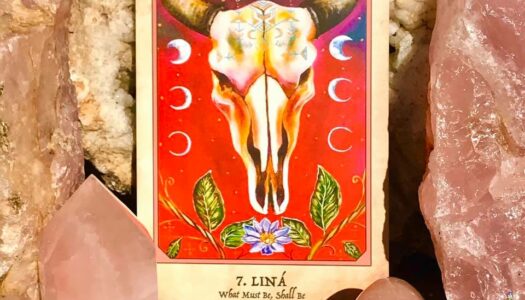In most cultures, water is a source of inspiration and has been for many centuries.
People have adopted deeply rooted spiritual and religious values and beliefs that bind them and support them in living the way they do. These play an important role in water management. Yet, despite the water wisdom we find in many societies, wise water management is still a bridge too far – or is it? Lately, religious and spiritual leaders have been rethinking their values and their roles in safeguarding creation and the earth’s resources.

Animism: indigenous people honor and respect water as sacred and sustaining all life. Their traditional knowledge, laws and ways of life teach them to be responsible in caring for this sacred gift that connects all life.
Hinduism: to Hindu people all water is sacred, especially rivers. Hindu belief holds that bathing in the river causes the forgiveness of sins and likewise that immersion of the ashes of the dead in the Ganges will send the departed soul to heaven.
Buddhism: for Buddhists water is said to symbolize purity, clarity and calmness. It is crucial to Buddhists to live in harmony with the environment.

Judaism: Water plays an important role in ritual cleansing practices. Already two thousands years ago, before the environment became a worldwide human concern, Judaism addressed local environmental issues. The Talmud perspective on the environment states that while we may use the world for our own needs, we may never irresponsibly damage or destroy the environment.
Christianity: Water in Christianity is primarily associated with baptism. Environmental stewardship, or the responsibility to take good care of resources, including water, is an overarching and essential part of Christianity.
Islam: Water is life and water is a gift from God; as such water itself should not be sold or bought. There is also a prohibition on the monopolization, spillage and pollution of water. Islam is also familiar with the concept of environmental stewardship.
Taoism: “Be still like a mountain and flow like a great river.” In Taoist philosophy, water appears as the essence of nature and a model for human conduct
Baha’i: Their view on water management reflects the notion of unity between all people and the interconnectedness of all things.

The wise management of all the natural resources of the planet, including water, will require a global approach, since water is not a respecter of national boundaries. The use, sharing, protection and management of water needs to be governed by spiritual principles of justice and equity and the fundamental concept of moderation. Decisions on water need to be taken through processes of consultation involving all those concerned or affected.
Key messages and tips for professionals:
– Water plays a key role in most religious beliefs, values and rituals.
– Indigenous spiritual and religious beliefs hold a deep respect for water, and the traditional way of life often provides an example for a sustainable way of life.
– Understanding religious and non-religious beliefs regarding water is essential to effectively deal with water management issues, e.g. the resistance to paying for water.
– Religious wisdom can play a positive role in promoting wise water management by linking values and behavior that promote sustainable water management.
Source: http://www.waterandculture.org/264_Water_Wisdom














 That’s why now, …
That’s why now, … 